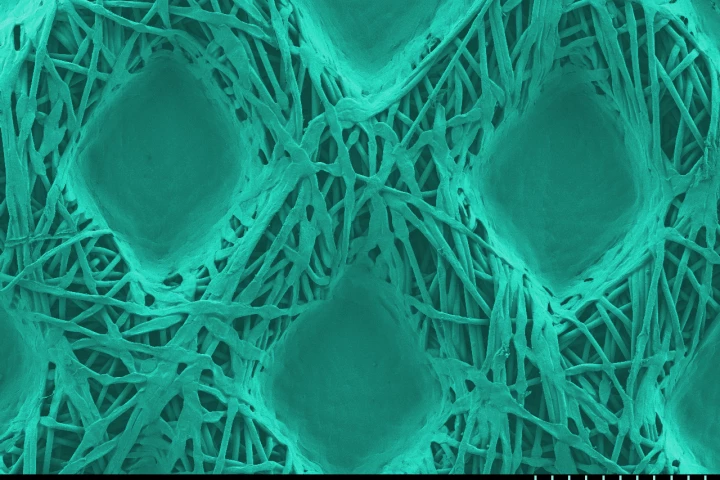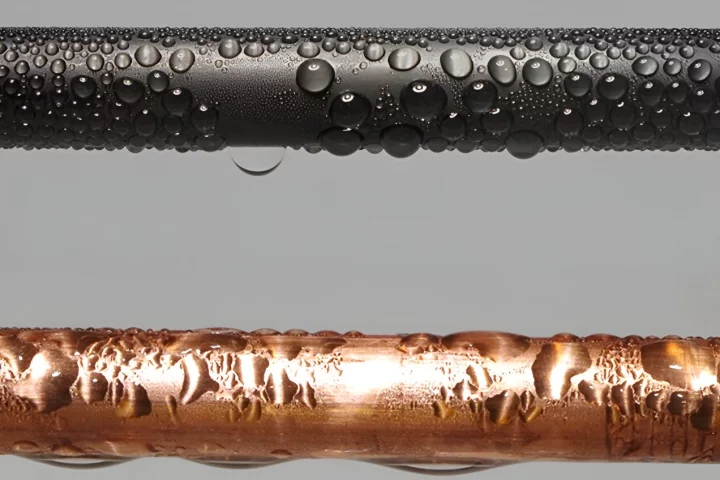Coatings
-
It's never a good thing when harmful bacteria are present on surfaces in hospitals, as they can cause life-threatening infections in patients. A new paint could help keep that from happening, by quickly killing any microbes that land on it.
-
If you've ever eaten a pomegranate, you'll know that a great deal of the fruit is composed of its thick skin – which simply gets thrown away. Soon, however, that skin could be used in an edible coating which will help keep strawberries from spoiling.
-
You may think golf course grass is the same everywhere … but you would be wrong. Some greens are known for being dry while others have a rep for being wet, and a new type of golf ball coating could make for better golfing on both.
-
Cranking up the air conditioner keeps buildings cool, but it guzzles energy. Passive materials can regulate temperatures more efficiently, and now scientists have developed a new coating that keeps glass much cooler, while still being transparent.
-
Nissan has demonstrated a new automotive paint that can drastically cool a vehicle parked in direct sunshine. Tests have shown that treated cars stay up to 21.6 °F (12 °C) cooler than untreated cars parked side by side.
-
Using biowaste from cassava plants, scientists have created a coating that virtually eliminates friction in metal parts. The breakthrough has the potential to deliver better fuel economy and deliver enormous savings in myriad industries.
-
If there's one thing that needs to be antibacterial, it's the public touchscreen displays that everyone paws at with their filthy fingers. Well, help is on the way, in the form of a newly developed copper coating.
-
Scraping ice off your car window might get a lot easier in the future thanks to a new spray coating developed by scientists in Austria. That's because of the way the molecules line up – or don't – during its high-tech creation process.
-
It was just this August that we heard about a super-slippery 3D-printed toilet bowl, which bacteria slide right off of. Well, if you want that same sort of functionality in your existing toilet, a special coating may do the trick.
-
Hospitals are meant to heal people, but patients often pick up superbugs during their stay. Scientists have now developed long-lasting antimicrobial coatings for textiles that could allow hospital curtains to quickly kill viruses and bacteria.
-
Weaning the world off fossil fuels will take time, so finding ways to make energy generation more efficient is still important. A new coating for steam condenser pipes could, if rolled out widely, add more than a Russia’s worth of extra power per year.
-
It may be delicious and healthy, but fruit is frustratingly fickle, often going bad quickly in the fridge. Now, researchers in Thailand have developed an invisible, edible coating made with cannabidiol (CBD) that can preserve fruit for much longer.
Load More











